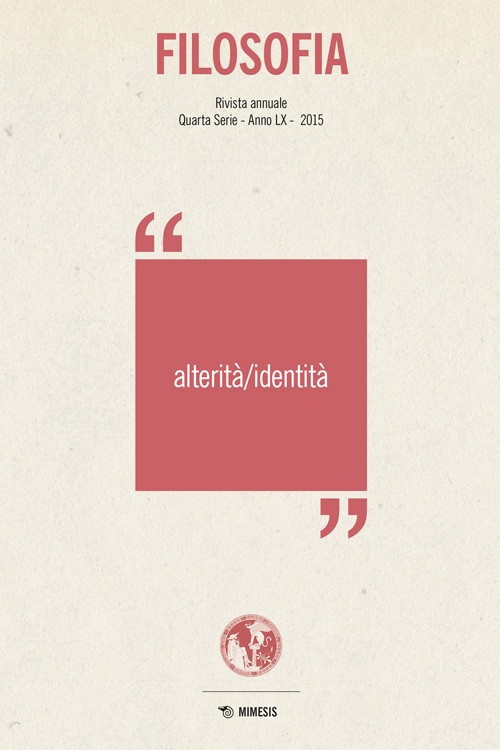Alterity and identity in literary theory: the problem of mimesis
DOI:
https://doi.org/10.13135/2704-8195/3909Keywords:
verisimilitude, Ancient and Modern from the perspective of narration, realism and the marvellousAbstract
The concept of verisimilitude is central to Aristotle’s Poetics. It entails the representation of the universal in the narration of possible events. During the Renaissance, and particularly in Torquato Tasso’s theory of epic poetry, the verisimile was to be allied with the meraviglioso. Lastly, in the modern novel verisimilitude is that which is based on natural truth. In these three concepts of verisimilitude we note the equivalence of mimesis and poiesis, and in this light, despite the obvious differences, the essential continuity, from this point of view, between the classical and realistic poetics.
Downloads
References
Aristotele, Poetica; tr. it e curatela di D. Lanza, Milano, Rizzoli, 19945
C. Batteux, Les Beaux-Arts réduits à un même principe, Paris, Durand, 1746, tr. it. di E. Migliorini, I. Torrigiani e F. Vianovi, Le Belle Arti ricondotte ad un unico principio, a cura di E. Migliorini, il Mulino, Bologna 1983
L. Castelvetro, Poetica d’Aristotele vulgarizzata e sposta (ed. or. 1570), a cura di W. Romani, vol. I, Bari, Laterza, 1979
J. C. Gottsched, Critische Dichtkunst, Leipzig, 1751 (ed. anast. Darmstadt, Wissenschaftliche Buchgesellschaft, 1962)
M. Kundera, L’art du roman. Essai, Paris, Gallimard, 1986; tr. it. di E. Narchi e A. Ravano, L’arte del romanzo. Saggio, Milano, Adelphi, 1988
D. Lanza, Come leggere oggi la “Poetica”?, in Aristotele, Poetica; tr. it e curatela di D. Lanza, Milano, Rizzoli, 19945
T. Tasso, Discorsi dell’arte poetica e in particolare sopra il poema eroico, Discorso primo, in Idem, Scritti sull’arte poetica, a cura di E. Mazzali, tomo primo, Torino, Einaudi, 19772



